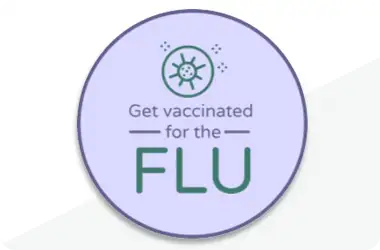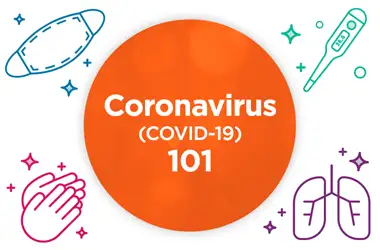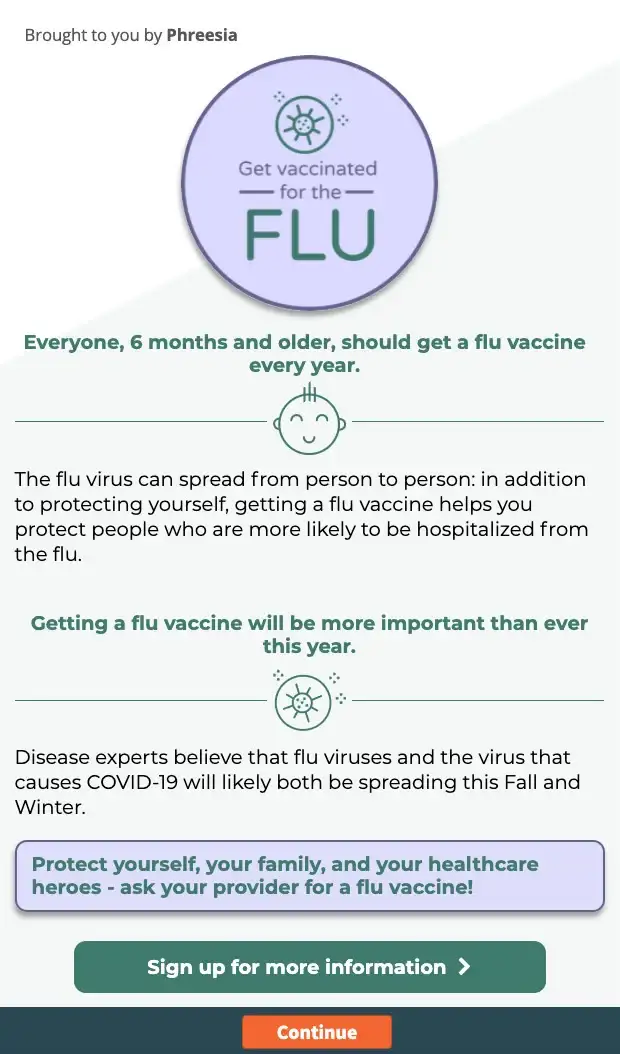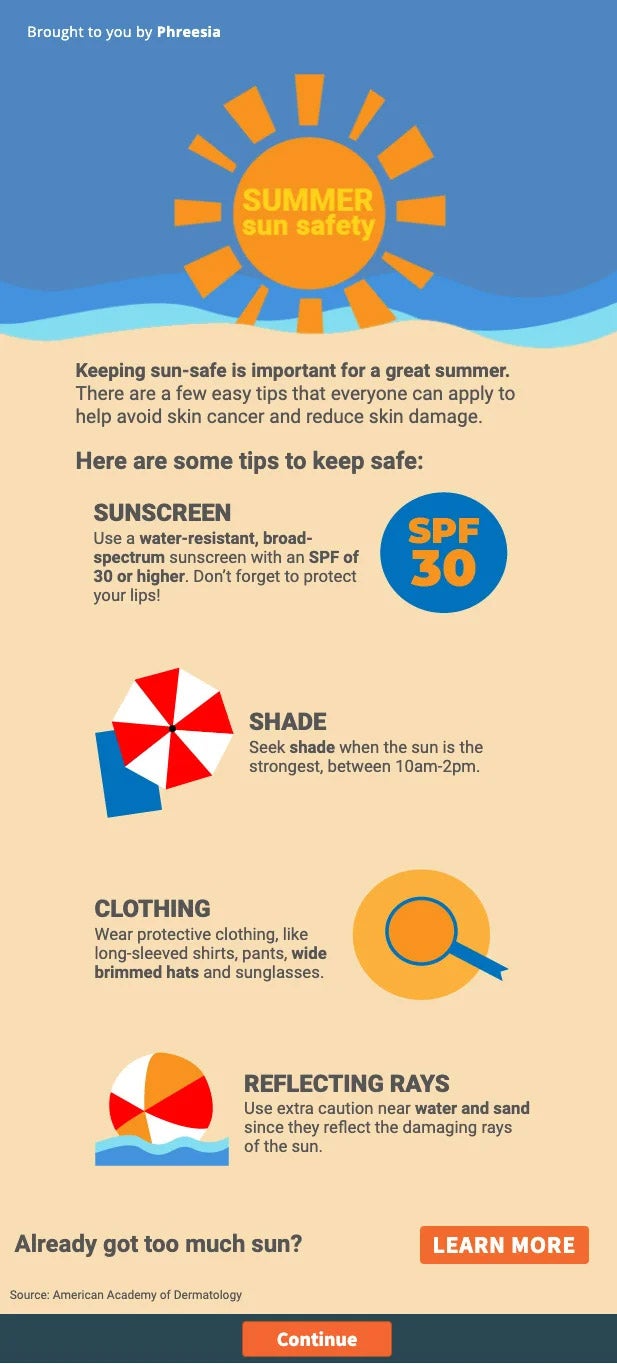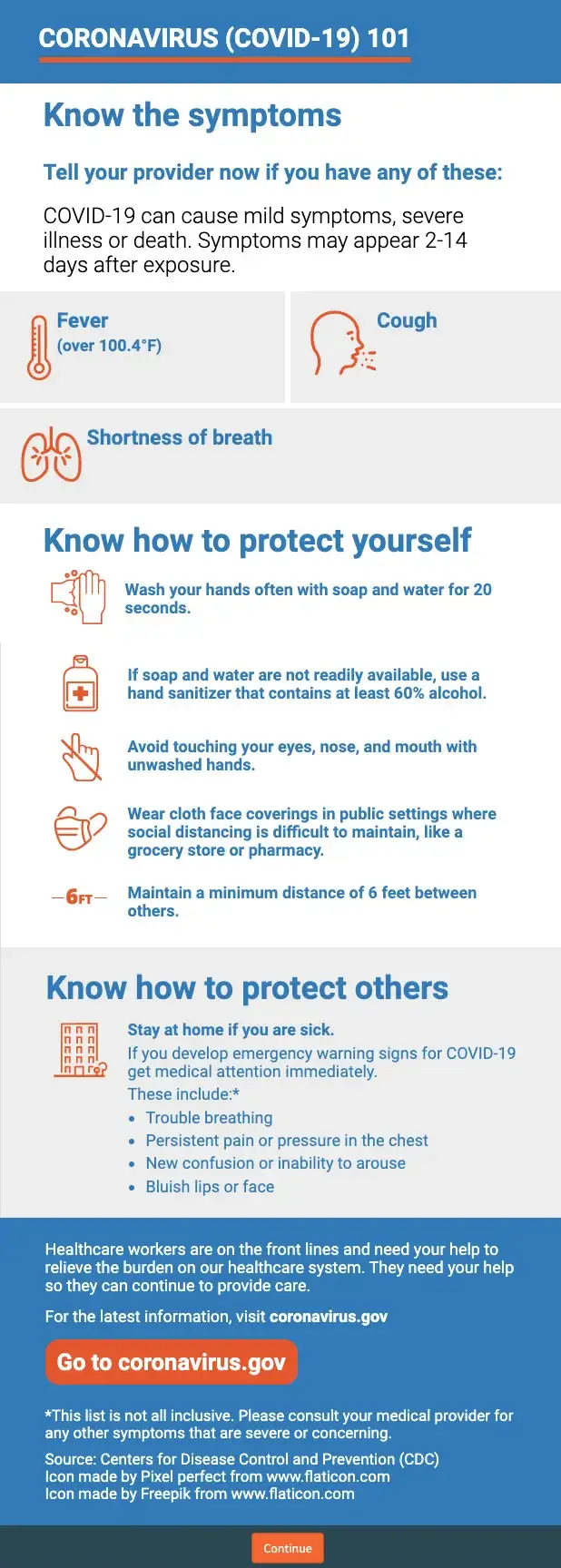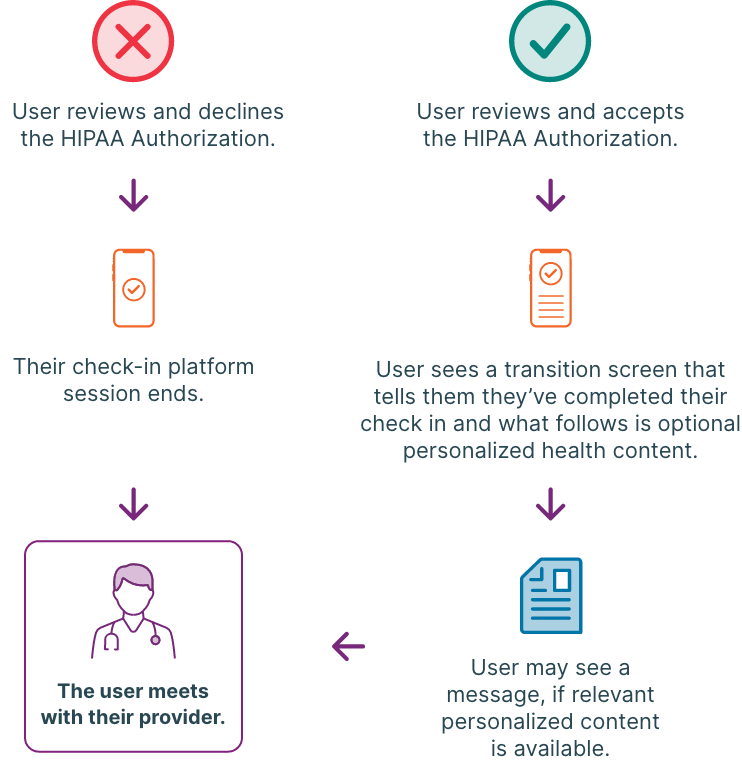Our Commitment
Improving outcomes, protecting patient privacy

A foundation of consent
At Phreesia, we believe everyone should be in charge of their health information, and we’ve built our platform of personalized health content on the principles of privacy and consent. Viewing content is optional, and patients can revoke their authorization at any time. Phreesia never sells patient data.
Activated patients.
Better health outcomes.
We believe that patients who are better informed are more activated in their care. We’re incredibly proud that the relevant, high-quality health information we present to patients—with their consent, and only after they’ve completed their check-in—leads to better health outcomes like increased rates of diagnosis, treatment for chronic disease, preventive screenings and vaccinations, and improvements in symptoms and quality of life.
52%
52% of patients who engaged with a Phreesia public service announcement about Alzheimer’s disease said they were likely to talk to their doctor about it.
78%
78% of women who saw a message about breast cancer risks said they were likely or very likely to talk to their doctors about breast cancer screening.
87%
87% of patients who saw content about managing high blood pressure said they were somewhat or very likely to talk to their doctor about it.
234%
Patients 50-80 years old with a history of smoking were 234% more likely to get screened for lung cancer after seeing a campaign.
We partner with life sciences companies, advocacy groups, public health associations, health insurance companies and other organizations to show patients personalized content about treatments or therapies, specific diseases or conditions, or other general health topics. Our goal is to help patients have more informed conversations and make decisions about their care.
2 in 3 patients surveyed immediately after seeing condition-specific point-of-care messaging say they are likely to discuss the condition with their healthcare provider.
Equipping patients with relevant health content
Click the thumbnail images below to view a few examples of the educational health information that patients may see on our platform.
Our platform in action

The user completes the check-in process on Phreesia:
The user is presented with an optional HIPAA authorization. If they accept, Phreesia may use their data to show the patient personalized health information.
*This is a typical workflow
Frequently asked questions
Does Phreesia sell patient data?
Phreesia does not sell patient data.
Does Phreesia share patient data with sponsors?
When patients consent to see relevant health information, we want them to know that their data doesn’t leave our platform. The only instance when any information is shared with a sponsor is when a piece of content gives the user the option to request additional information from the sponsor, such as materials about a particular medication or a support program. In that case, the user is shown an explanation of what specific, personal data they would be sharing—such as name and email address—and they are asked to provide an additional consent of their intent to share this limited information. If they do, that limited information—and nothing else—is shared with the sponsor.
Do you use pixels, tags or cookies?
We don’t allow any third-party cookies, tags or trackers to be placed in the content on our platform. When patients view content on the Phreesia platform, it’s private, and it won’t follow them around the internet or be merged with other advertising data.
Do physicians know which content their patients have seen?
Physicians are able to see the content their patients may see in aggregate, but they don’t know which patients have seen which specific content.
What happens if patients do not sign the HIPAA authorization? Does this affect their doctor visit?
If patients don’t sign the HIPAA authorization, it has no impact on their visit. There are no negative repercussions. If a patient declines, their check-in platform session ends.
How do patients revoke their authorization?
Patients can revoke their authorization at any time by emailing privacy@phreesia.com.
Does every patient see content?
Not every patient sees content. If a patient declines the HIPAA authorization, they do not receive any content.
How does Phreesia protect/secure my data?
Read our Platform Privacy Policy to learn how we protect and secure data.
Where can I find out more?
Read our Platform Privacy Policy and Content Policy.
